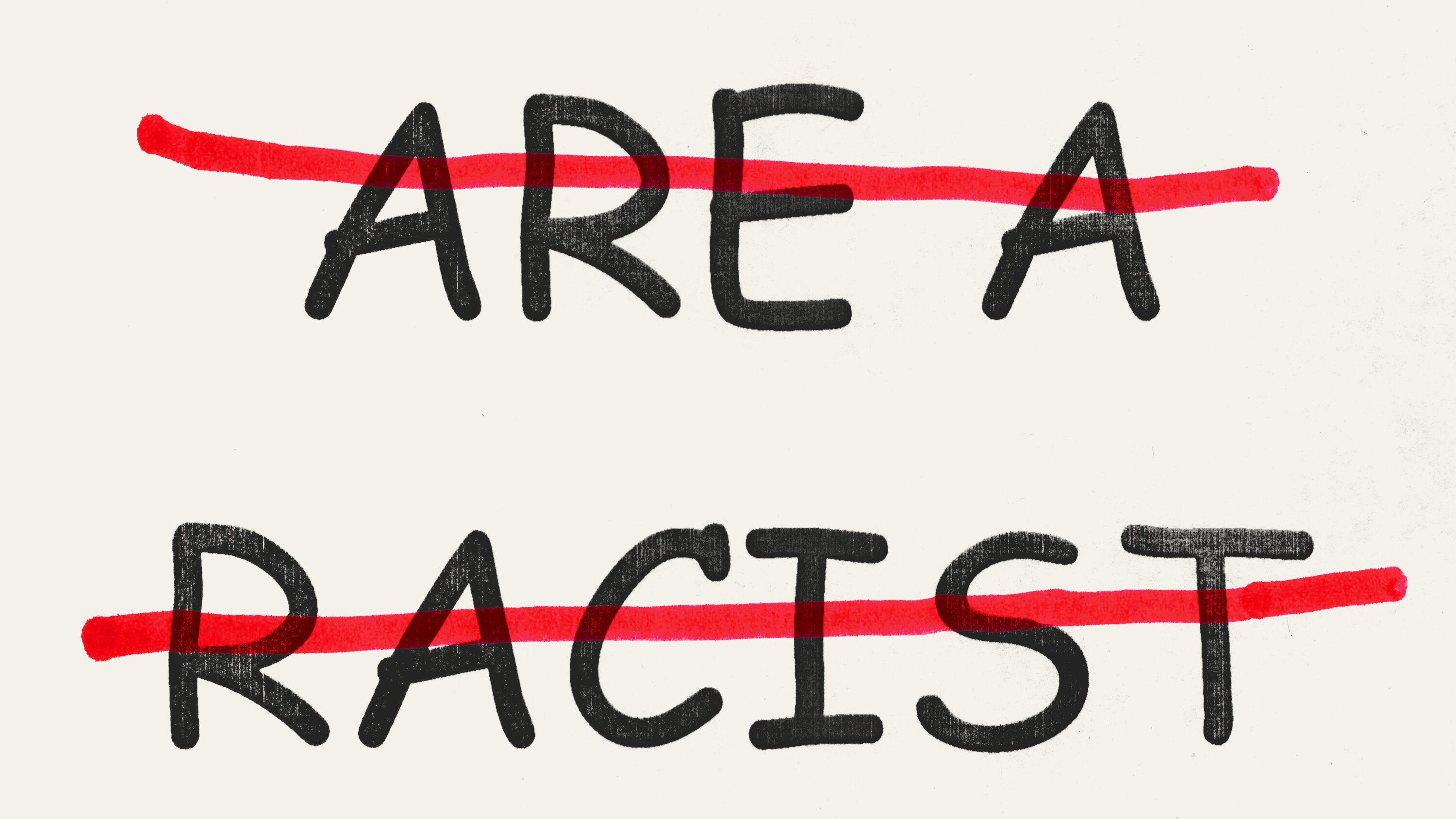Racist jokes have long been a controversial aspect of humor, often crossing the line between comedy and offense. While some may argue that these jokes are merely a form of light-hearted banter, they can perpetuate harmful stereotypes and reinforce systemic inequalities. The delicate balance between humor and insensitivity raises important questions about the implications of telling such jokes in various social contexts.
As society becomes increasingly aware of the consequences of racism, the discussion surrounding racist jokes has gained traction. Many people are beginning to recognize that what may seem like a harmless joke to one person can be deeply hurtful to another. This article aims to explore the complexities of racist jokes, their origins, and the impact they have on individuals and communities.
Moreover, we will delve into the historical context that has allowed racist humor to thrive, along with the societal shifts that challenge this norm. By examining the nuances of humor and the line between comedy and discrimination, we hope to foster a deeper understanding of the implications of racist jokes and encourage more conscious forms of humor.
What Are Racist Jokes and Where Do They Come From?
Racist jokes are a type of humor that targets specific racial or ethnic groups, often relying on stereotypes or prejudices. These jokes can be traced back to various cultural contexts, where they were used to assert dominance or reinforce societal hierarchies. Historically, humor has been a tool for social commentary, but when it comes to racist jokes, the commentary often leans toward perpetuating negativity and division.
How Do Racist Jokes Affect Individuals and Communities?
The impact of racist jokes extends beyond mere laughter; they can have profound psychological effects on individuals and communities. Victims of such humor often experience feelings of alienation, anger, and hurt, contributing to a culture of discrimination. Furthermore, when these jokes are normalized in social settings, they can foster an environment that condones racism and undermines efforts for equality.
Are There Any Positive Aspects to the Use of Humor in Addressing Racism?
While racist jokes are harmful, humor can also serve as a powerful tool for social change. Comedians and writers have found ways to address issues of race and inequality through satire, challenging stereotypes and prompting audiences to reflect on their beliefs. This form of humor can create a space for dialogue and promote understanding, highlighting the importance of context in determining the impact of a joke.
What Historical Events Contributed to the Normalization of Racist Jokes?
The normalization of racist jokes can be traced back to significant historical events that have shaped societal attitudes toward race. From colonialism to the civil rights movement, the portrayal of marginalized groups in media and entertainment has perpetuated harmful stereotypes. Understanding this history is crucial in addressing the roots of racist humor and its ongoing prevalence in society.
How Can We Educate Others About the Harmfulness of Racist Jokes?
Education plays a vital role in combating the normalization of racist jokes. Initiatives that promote awareness of the impact of such humor can empower individuals to challenge racist narratives. Here are some strategies for educating others:
- Organize workshops and discussions about the implications of racist humor.
- Encourage open conversations about race and stereotypes in safe spaces.
- Promote media literacy to help individuals critically analyze the content they consume.
- Highlight the voices of those affected by racist jokes in discussions.
What Are Some Alternatives to Racist Jokes?
Instead of resorting to racist jokes, individuals can explore alternative forms of humor that promote inclusivity and understanding. Here are a few suggestions:
- Use self-deprecating humor that does not target marginalized groups.
- Share anecdotes that highlight shared human experiences.
- Embrace humor that celebrates diversity and cultural differences.
- Focus on observational comedy that critiques societal issues without targeting specific groups.
Who Are Some Comedians Known for Addressing Racism Through Humor?
Several comedians have gained recognition for their ability to tackle racism through humor effectively. By using their platforms to challenge stereotypes and provoke thought, they contribute to a more inclusive conversation around race.
What Can We Learn from Comedians Who Tackle Racism?
Comedians who address racism often share valuable insights into the complexities of race relations. They remind audiences that humor can be a double-edged sword, capable of both healing and harm. By analyzing their work, we can gain a deeper understanding of how to approach sensitive topics while fostering empathy and awareness.
Conclusion: How Can We Move Forward in Our Understanding of Racist Jokes?
In conclusion, the conversation surrounding racist jokes is one that requires sensitivity and awareness. As we navigate the complexities of humor and race, it's crucial to recognize the potential harm that such jokes can cause. By fostering an environment of understanding and promoting inclusive forms of humor, we can contribute to a more equitable society. Acknowledging the past and embracing education will empower individuals to challenge racist narratives and create a future where humor uplifts rather than divides.
You Might Also Like
Unveiling The Life And Achievements Of Stefania De La CruzExploring The Heartfelt Journey Of "Loving Aunt" All Episodes
Unveiling The Charm: Top 50 Most Attractive Male Celebrities 2024
Exploring The Beauty Of "Kaoru Hana Wa Rin To Saku"
Exploring The Life And Achievements Of Elaine Andriejanssen
Article Recommendations


